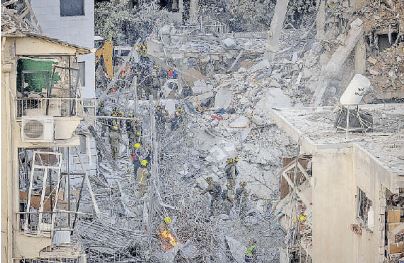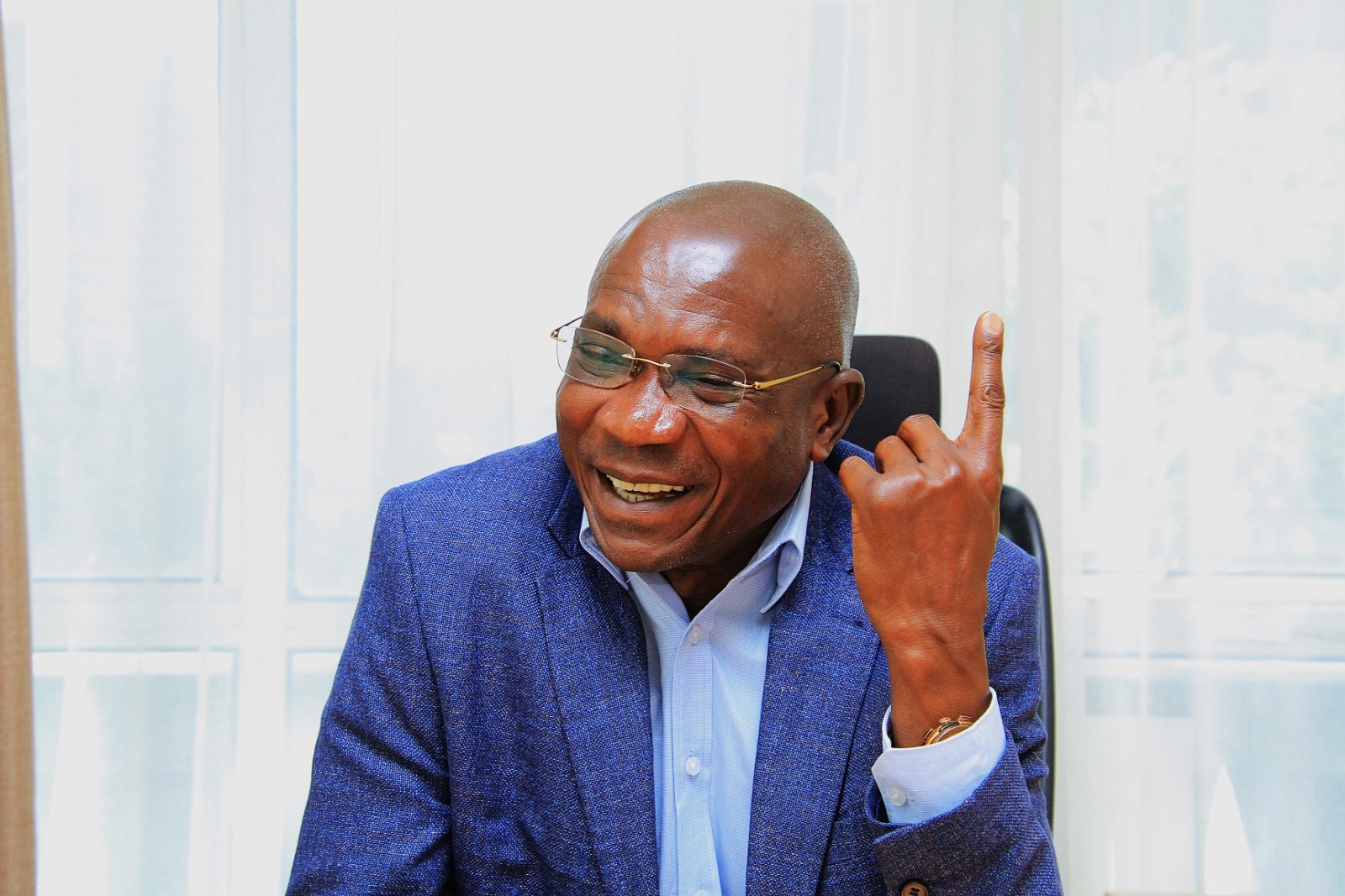
Families and businesses in Kenya could take a hit from the ongoing conflict between Israel and Iran, with prices of basic commodities likely to rise as the global supply chain is disrupted.
On Tuesday, JP Morgan projected a barrel of oil to rise to a high of $130 as Israel vowed more strikes on Iran, keeping the market on edge about a potential escalation that could disrupt energy flows and vital trade routes.
The prices have gone up by close to 20 per cent since Friday after Israel hit Iran’s key nuclear sites, killing several top military commanders, including army general, Hossein Salami and subsequent retaliation by Iran that saw Israel’s capital, Tel Aviv targeted in missile attacks.
Economic experts fear that rising fuel prices could push up the cost of production and transport, with manufacturers and importers likely to pass the increased bill to consumers.
They also anticipate the crisis to trigger foreign exchange shocks, with the currently stable shilling likely to tumble against major international currencies, especially the US dollar.
The local currency has held steady against the greenback for the past 16 months, with the Central Bank of Kenya (CBK) quoting it at 129.25 units.
“Households should tighten belts for a possible tougher time ahead. Although a ceasefire between the two functions is likely in coming weeks, an escalation cannot be ruled out. An increase in fuel prices means higher cost of living and doing business,’’ James Wambulwa, a development economist and scholar told the Star.
He warned that the impact will be even worst if Iran makes good its threat to lock the Strait of Hormuz, a narrow sea passage which significant and strategic location for shipping, normal maritime traffic.
Almost a fifth of all global oil shipments, and an even higher percentage of seaborne shipments, pass via the Strait each year. Over 3,000 commercial ships use it each month to carry oil, natural gas, and goods from Gulf countries to the world.
A top executive of a pan African bank with operations in Kenya who requested to remain anonymous told the Star on phone that the triple effect of Israel-Iran, Russia -Ukraine and trade tariffs war triggered by the US, coupled with local factors will further mute economic growth.
“The future looks bleak. I fear that emerging issues in the global market place will weigh down the current economic stability. The inflation which has been easing is likely to spike, shilling weaken, businesses hurt, affecting job creation,’’ he said.
“If uncertainties persist, the shilling and inflation are likely to goo back to 2022 levels. This is not good for the economy,’’ he said.
On Saturday, the government announced fuel prices for the month, with a litre of petrol going up by Sh2.69 while that of diesel and kerosene dropped by Sh1.95 and Sh2.06 respectively.
Analysts at the Petroleum Institute forecast a litre of petrol to hit above Sh180 in the cup coming review and could go closer to Sh200 by August if hostilities in the Middle East and Eastern Europe are not contained.
“The cost fuel anchor prices for goods and services. Higher fuel prices mean high cost of production,’’ Simon Chesambili, an economist at Prism Capital said.
Early last week, World Bank downgraded Kenya’s economic growth even as it warns that growing trade tensions and policy uncertainty are expected to slow global growth this year to its slowest pace since 2008.
In its June update, the global lender forecasts Kenya's GDP growth for 2025 to be 4.5 per cent, marking a decline from the 4.7 per cent growth recorded last year.
The projection also represented a significant cut from its earlier forecast of five per cent growth made in January.
The lender of last resort projected the global economy to slow to 2.3 per cent in 2025, nearly half a percentage point lower than the rate that had been expected at the start of the year.
It cut growth forecasts in nearly 70 per cent of all economies, across all regions and income groups, including Kenya, with businesses expected to slump, job creation to slow, and the cost of living likely to shoot.
It warned that growing trade tensions and policy uncertainty will slow global growth this year to its slowest pace since 2008.















